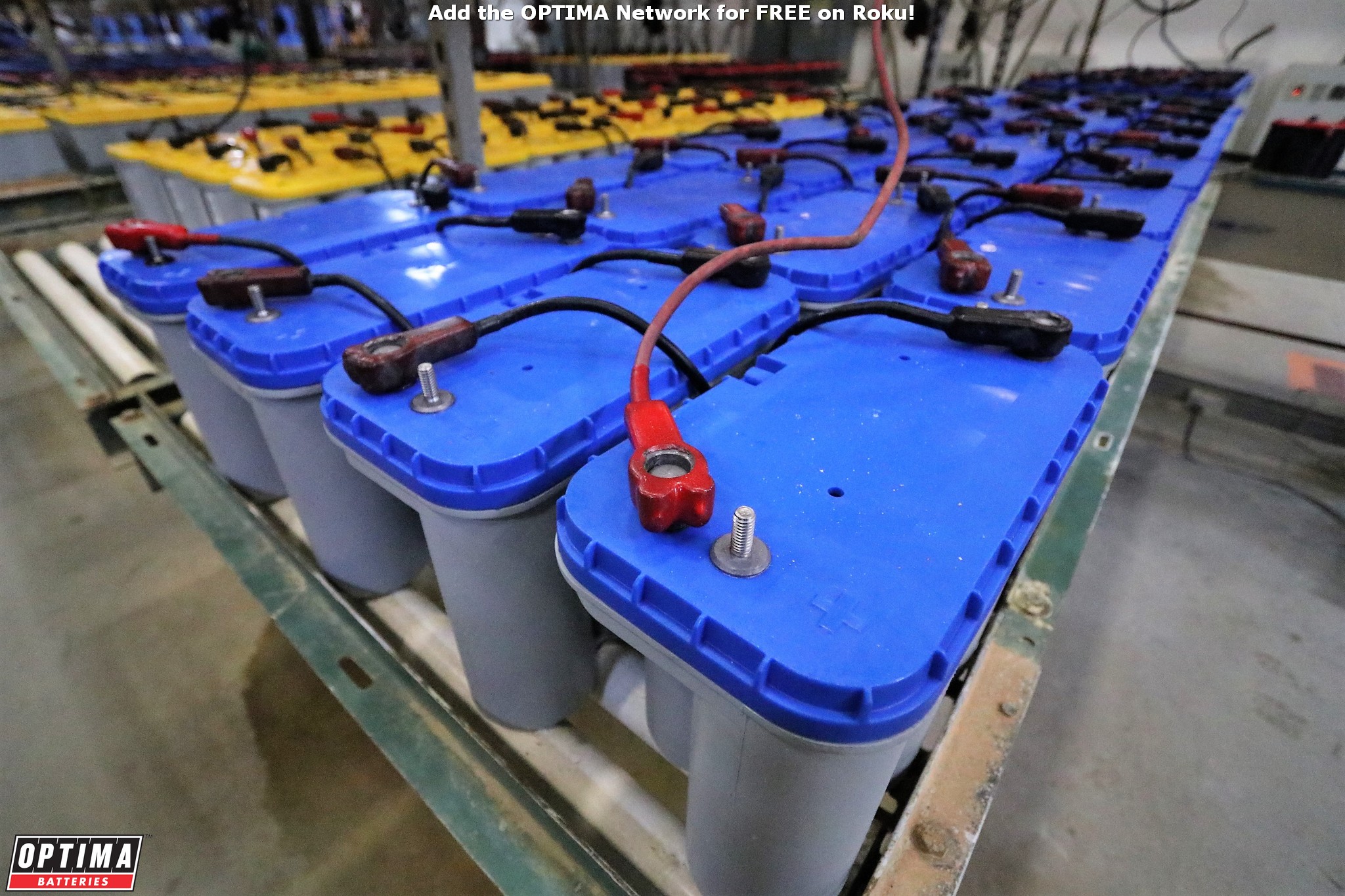Why Are OPTIMA Batteries So Good?

- Sponsor
- OPTIMA Batteries
- Location
- Glendale, WI


Designing and manufacturing batteries is not their hobby or a side hustle, it's their full-time job and they are some of the very best in the world at what they do. There is constant monitoring of our production process, analysis, testing and refinements that are made in a never-ending quest for perfection. Then there's product testing, both in laboratory and real-world environments, followed by tear downs and further analysis of batteries after they've reached the end of their useful life, again both in testing environments and real world "junk bin" studies.
Whether it's the 99.99% pure virgin lead and robust cast straps in our AGM lead-acid batteries or the balanced and matched cells with UL and IEC certification on the cell level and the battery level in our lithium batteries, the quality shows through in the components we use and how we assemble them. While a lot is learned in this continual process and the refinement that follows, its not a process found with every battery brand, because not every battery brand is also a battery manufacturer. This is especially true in the lithium battery space.
Many lithium batteries being sold in the US are being sold by individuals out of their homes, rented mailboxes or third-party fulfillment centers. The factories that produce these batteries are on the other side of the world and there is little to no input into the design & construction of the battery. An individual basically tells a manufacturer the sizes they'd like to buy in bulk (or they just buy them in bulk online) and focus the rest of their attention on coming up with a name and a label design.
There are also some individuals who are actually purchasing lithium cells, battery management systems, cases and other components and actually assembling lithium batteries in their home or garage. We asked one of our engineers what he thought about individuals assembling lithium batteries in their garage and this was his take:
"Starting with the cells, it's very difficult to know what the level of quality is that you’re getting. Even if you’re buying good cells, the cells within a pack have to be matched to each other. That isn’t something a guy building batteries in his garage is probably capable of doing. We developed our own process for matching cells, because there was no industry standard. Through lots of experimentation and trials, we developed a process for matching cells with more than a dozen criteria, to optimize battery performance and lifespan.
The person assembling batteries at home probably does not have safety certifications. We have both UL and IEC (European) certifications. Most decent lithium cell manufacturers will have the certifications for the cells, but it’s next level to get that certification for the battery and as they operation as a system. Very few batteries besides OPTIMA lithium batteries have this level of certification, but our experience in working for OEs has established standards we maintain with all our batteries.
Certification of the lithium battery system, as opposed to just the cells is important, because If your BMS doesn’t manage good cells appropriately, things can still go wrong. We haven’t anticipated every dangerous scenario but we have a robust engineering process and a large knowledge base. The engineering team that designs lithium energy storage systems for major automakers helped develop OPTIMA's lithium batteries. If you’re working for an automaker or airline, they are the best of the best in their realm.
A guy slapping batteries together in his garage is probably buying a commercially available bms (battery management system) that is rather generic and may not be certified, whereas OPTIMA lithium batteries even have a certification for EVs. The redundancies and safety factors of batteries assembled in someone's garage are unknown, if they exist.
Getting an IP67 rating for water and dust intrusion was a real challenge. It took us multiple iterations of tooling to get that rating, but the end result includes a lithium starting battery for marine applications that most people don’t make, because it’s difficult and expensive, but meets or exceeds Mercury’s requirements.
OPTIMA's batteries aren't always the lightest and they're rarely the least expensive option, but we only know one way to manufacture batteries and that's the right way. We won't compromise on quality for the sake of a customer experience that we don't believe will meet or exceed expectations.
